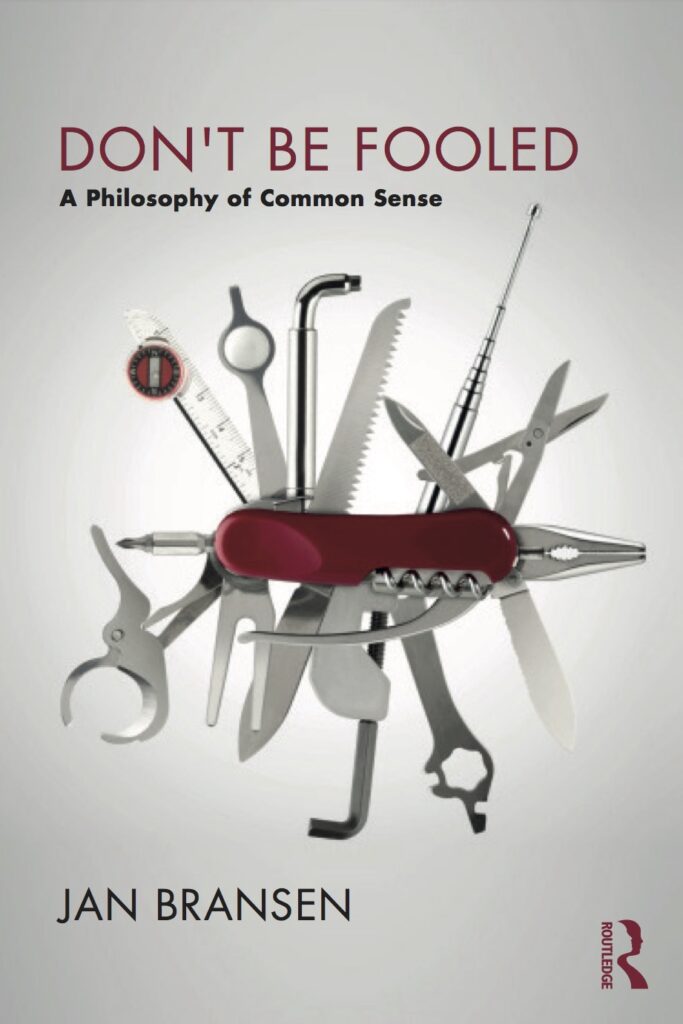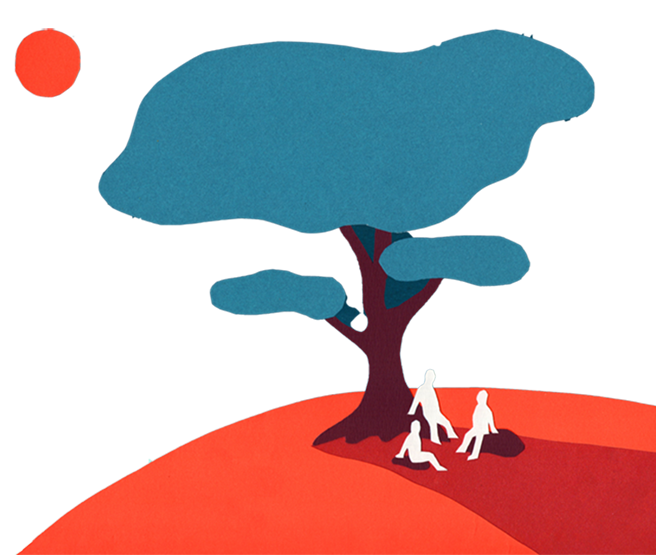
This new book by Jan Bransen, Professor of Philosophy of Behavioural Science at Radboud University Nijmegen, is a plea for common sense. In a highly accessible, jargon-free and almost colloquial style the book develops an argument against the dominance of a social structure that capitalizes on scientific expertise to the detriment of our everyday capacity for critical thinking. The book is not an attack on science, but an attempt to resist our growing dependence on the sophisticated knowledge of ever more specialised experts.
Jan Bransen, Don’t Be Fooled. A Philosophy of Common Sense. Abingdon: Routledge, 2017.
The book aims to show that the growing power of experts unnecessarily and ironically promotes the incompetence of an equally growing body of laymen. An unfortunate drawback of this imbalance is that all of us, experts and laymen alike, tend to forget about a natural capacity we all possess and that we should rather foster and cultivate in the complicated and highly dynamical era we live in. This capacity is our common sense.
After a general introduction of the way in which language both liberates and captivates our capacity to make sense of ourselves, the book consists of two parts.
Part One unfolds the story of a group of unrelated people from radically different backgrounds who have to find a way to cope with their daily affairs on a fictional island. The story functions as a thought experiment that amounts to a clear and well-structured discussion of the basic concepts needed to describe the common sense we share as human beings. Common sense is analysed as a set of interlocking capabilities that can be summarized in the slogan: “Automatic pilot if possible and investigative attitude if necessary.” These are the main concepts discussed in this part: expectation, obligation, entitlement, rationality, emotion, trust, accomodation and shared ignorance.
Part Two tells a more disquieting story, inviting the reader to use his common sense and to open up possibilities overlooked in a society that capitalizes on scientific expertise. The unexpected strength of our natural ability to get along with one another developed in Part One is put to work in this second part. Thus, the plausibility is questioned of four assumptions underlying our confidence in scientific progress as our best bet to happiness:
- Scienctific progress consists in the growth of knowledge, which itself is a matter of getting closer to a permanent reality;
- Language is a neutral and potentially transparent instrument that we can learn to use objectively in order to describe reality accurately and adequately;
- We can improve the quality of our life by evidence-based improvements of the material and psychosocial conditions of life;
- Human flourishing consists in observable human behaviour that can be studied empirically.
These assumptions are disclosed, examined and questioned in four separate essays that can be read independently.
